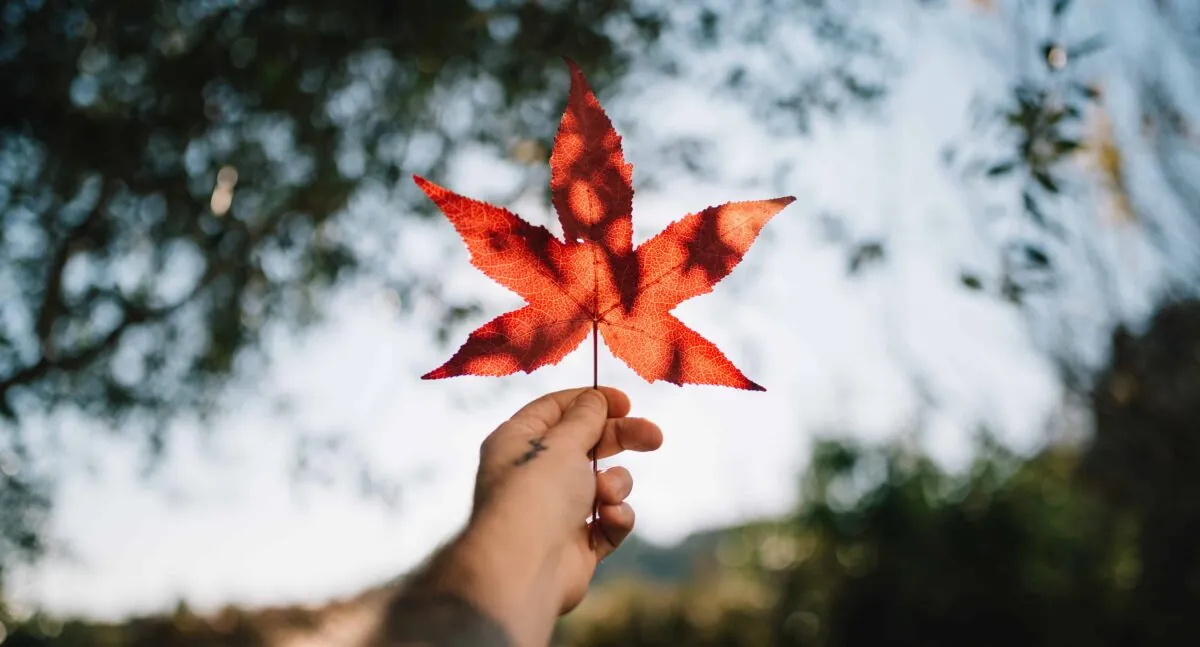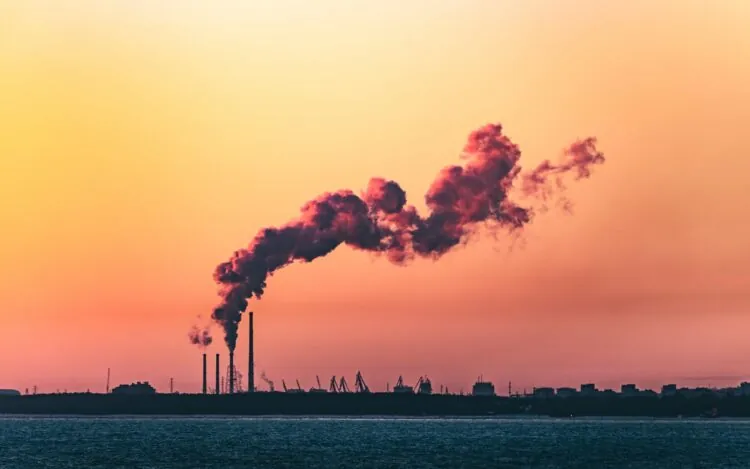Selling Canadian green hydrogen to Germany could benefit the Maritimes

In March, during a trade mission to Germany, Canada’s Energy and Natural Resources Minister Jonathan Wilkinson signed a Memorandum of Understanding with Germany and announced funding for H2Global, as part of efforts to spur the development of green hydrogen production in Atlantic Canada. Minister Wilkinson called selling hydrogen to Germany a multibillion dollar opportunity for Atlantic Canada and said hydrogen exports could begin in late 2025.
Green hydrogen
A large number of companies in Atlantic Canada have announced projects to produce green hydrogen using the substantial wind energy resources in the region. Many large industries in Germany are looking to hydrogen to fuel their future energy needs and to reduce their reliance on Russian natural gas. In 2022, Canada signed a Treaty with Germany – the Canada Germany Hydrogen Alliance – to explore the sale of hydrogen.
Hydrogen produced from wind energy is considered “green” and can be used to meet international carbon reduction commitments. As a result, this gives green hydrogen an advantage over hydrogen produced from hydrocarbons.
Currently, one of the obstacles to large-scale hydrogen development is the lack of certainty for developers over the price they will receive, in the absence of firm offtake agreements.
In order to foster workable markets and mechanisms for hydrogen, in 2021 the H2Global Foundation was founded and backed by €900 million of funding from the German government. The German and Dutch governments have earmarked further funding to H2Global. Since then, H2Global has been active in promoting international understanding to move the industry forward.
The Double Auction model
Central to the H2Global Approach is the Hintco or “Double Auction” model, which is intended to provide certainty to potential investors in green energy projects. Elements of the Double Auction involve:
- A subsidiary of H2Global conducts an auction internationally for the supply of green hydrogen. Successful bidders are awarded 10-year supply contracts, which enable them to invest in their hydrogen production projects without exposure to market price risk.
- The hydrogen procured through the first auction is then auctioned off to buyers in the European Union, via short-term sales contracts.
- Since there is a substantial gap between the relatively high prices awarded to suppliers in the first auction and the relatively low prices submitted by buyers in the second auction, government support is needed to bridge the gap. This support is provided through H2Global and that’s where Minister Wilkinson’s visit to Germany comes in. He is negotiating Canadian government funding support for future auctions.
To date, H2Global has conducted three auctions for the production of green ammonia, methanol and e-SAF.
According to Minister Wilkinson, Canada and Germany have set a target date of June 30 to finalize financial terms of Canada’s funding, including the amount of Canada’s contribution and the precise mechanics of the auctions. He said that Germany has publicly committed 200 million euros and that proposed producers from Canada are already in the same room with German buyers. Contact our Energy Law practice group for more details.
Note: This article is of a general nature only and is not exhaustive of all possible legal rights or remedies. In addition, laws may change over time and should be interpreted only in the context of particular circumstances such that these materials are not intended to be relied upon or taken as legal advice or opinion. Readers should consult a legal professional for specific advice in any particular situation.




